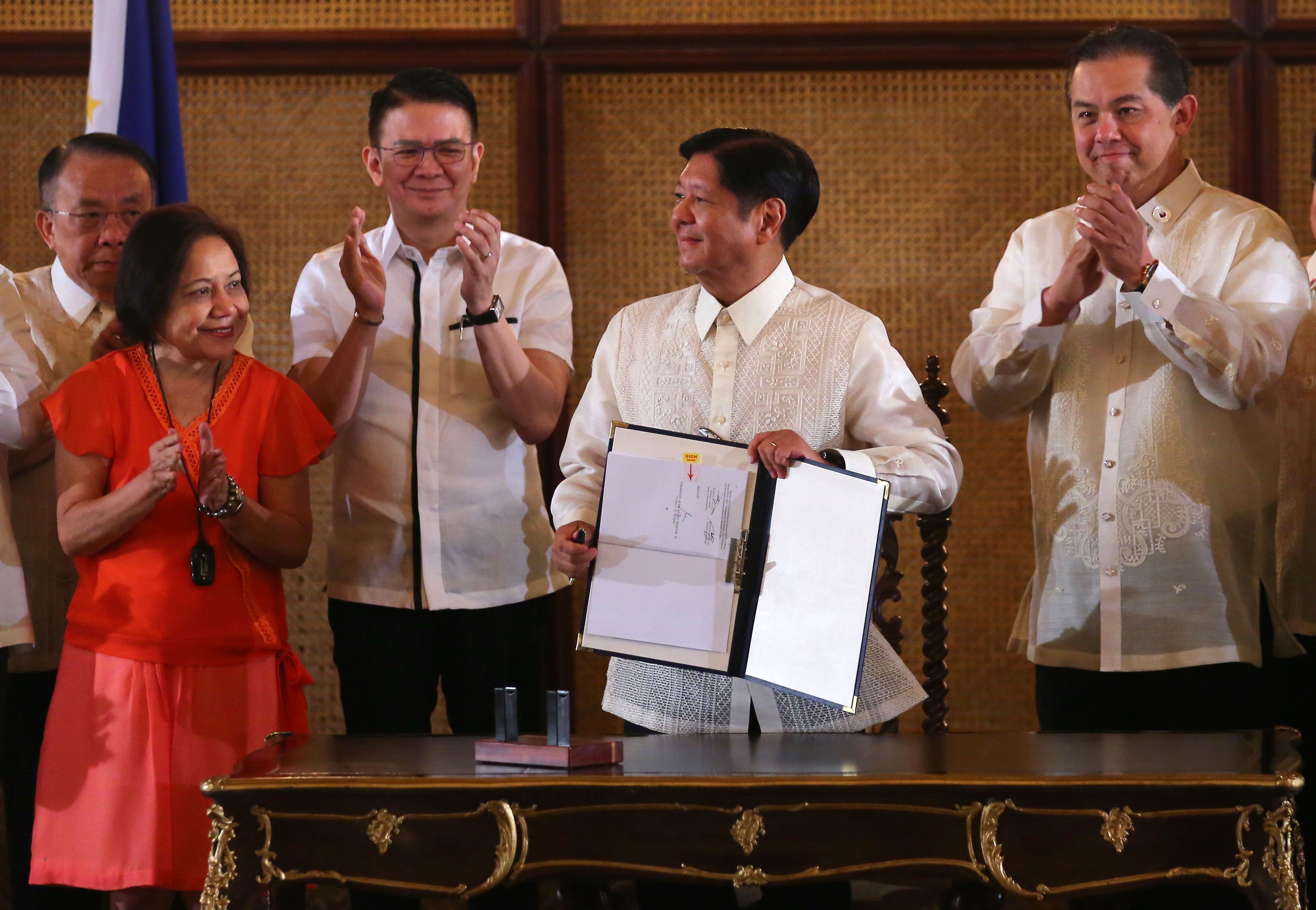Marcos enacts law creating VAT refund system for non-resident tourists
President Marcos has signed into law that aims to attract more non-resident tourists to the country by providing them a Value Added Tax (VAT) Refund System on locally purchased goods.

Marcos signed Republic Act No. 12079, an act creating a VAT refund mechanism for non-resident tourists, on Monday, Dec. 9.
The President said aside from encouraging higher spending among tourists to stimulate economic growth, the law is also an opportunity to promote the Philippines’ unique craftsmanship of indigenous products in communities near local tourist destinations.
"It is no secret that shopping has become an essential part of the travel experience, and we are poised to capitalize on that momentum," he said in signing the new law.
He cited that in 2023, the Philippine tourism sector contributed 8.6 percent to the gross domestic product (GDP), with shopping emerging as the second largest expenditure for inbound tourists.
Under the VAT Refund System, tourists can claim a refund on the VAT for goods personally purchased at accredited retail outlets, provided the goods are taken out of the country within 60 days and meet a minimum transaction requirement of P3,000.
"This initiative opens a new chapter in our tourism landscape, allowing the country to compete with other tourism markets that attract tourists who are eager to take home authentic, high-quality Filipino products," Marcos said, stressing that the Philippines has long been a home for unique handcrafted items.
He added that the VAT refund program will help put a spotlight to the country's rich, local offerings.
"Our signature products such as the Marikina shoes, the intricate handwoven textiles from the northern provinces, [and] the timeless craftsmanship of Filipino barongs all stand to benefit from this measure. These products tell our stories, and now, with the VAT refund, they will be able to be more accessible to global consumers, elevating once again our stature in the global market," Marcos said.
The Chief Executive stressed that the economic impact of this measure is projected to be substantial, estimating an almost 30 percent increase in tourist spending, benefiting both large-scale industries and micro, small, and medium enterprises (MSMEs).
"Tourists who have a positive shopping experience are more likely to return—with their friends and their families— supporting our goal to become a premier shopping destination in Southeast Asia," he said.
Marcos urged the Department of Finance (DOF) and the Bureau of Internal Revenue (BIR) to craft implementing rules and regulations that will make the VAT refund process simple, accessible, and culturally inclusive.
The VAT Refund System was among the three legislations signed by the President on Monday, including the Agricultural Tariffication Act and Basic Education Mental Health and Well-Being Promotion Act.